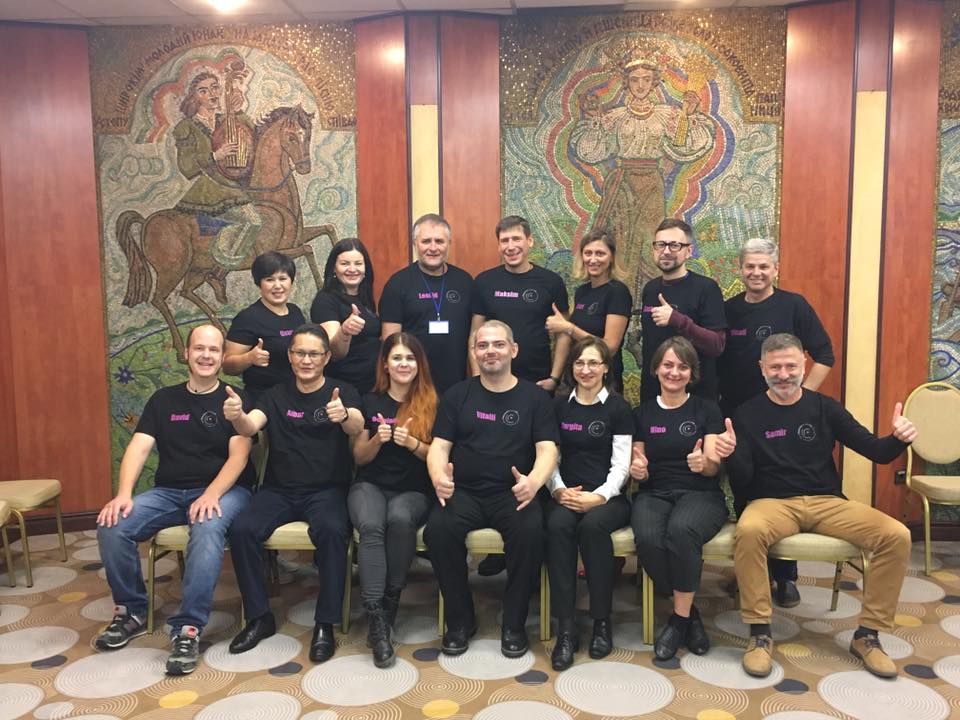Women tend to be a drug using group that often is less served or face higher barriers of access to harm reduction services. This is particularly exacerbated with vulnerable groups of women, who are in and out of prison, are homeless, or resort to sex work to sustain themselves.
This is especially the case in Burundi. The southern African nation had a brutal civil war from 1993 to 2005 which caused massive displacement of people and familial instability. Child trafficking and forced prostitution was reported as ongoing as late as 2014 by Justice and Equity. Instability and humanitarian crimes have continued well past the peace agreement: a 2019 UN report from the Commission of Inquiry on Burundi noted that “serious human rights violations have continued…in Burundi since May 2018”, committed by members of the youth league of the ruling party, as well as the police.
As TalkingDrugs previously reported, it is also a country where drug use is highly criminalised. Due to this, it is challenging to understand how many people use drugs. The most recent rapid assessment was done in 2017 by the Burundian Alliance on AIDS (ABS), which estimated there were around 3,000 people using drugs in Burundi, of which 175 were intravenous drug users. Although difficult to quantify, this number is believed to have grown: an unpublished study by BAPUD in 2022 seen by TalkingDrugs estimated there are 6,000 people who use drugs in Burundi, of which 500 are intravenous drug users.
This wider political context has created a violent environment for women: a 2017 government survey found 36% of Burundian women aged 15 to 49 had experienced physical violence at least once in their lives; in 57% of these cases, it was done by their husband or intimate partner.
“Women who use drugs in Burundi have specific problems because of gender inequity in society”, a member of BAPUD told TalkingDrugs. “When a teen starts using drugs, she is immediately chased out of the home. Many of them start doing sex work to survive. Others go to live in [drug using] hotspots with men, which is why many of them get pregnant at a young age”.
While data is severely lacking, UNAIDS’ latest update in 2016 estimated that there were around 51,000 female sex workers in Burundi. BAPUD’s own figures estimate that there are roughly 1,500 women who admit to using drugs in the country.
While some interventions exist to address gender-based violence and provide additional health services to sex workers, these have been primarily focused on treating HIV/AIDS rather than drug-related harms. Injecting drug use is not publicly acknowledged, preventing harm reduction responses like needle and syringe programmes or opioid substitution therapy from being nationally deployed.
Through an anonymous member of BAPUD, TalkingDrugs has managed to interview two female sex workers in Bujumbura, the largest city of Burundi. Answers have been edited for clarity.
How did your drug use begin?
Woman 1: I started when I was too young, I didn’t analysed what I started doing, it was because of my friends my classmates.
Woman 2: During the war of 90’s, I met men who raped me, I didn’t got support because I had no parents. And I started using drugs because I felt it is the only way to comfort my heart. I found women and men who use drugs, and they became my friends.
Have you received any support from the state, your family or community?
Woman 1: Yes, I started asking money at home but when they knew that I spent it buying drugs they stopped [giving me] and I started stealing their money until they chased me out of the home.
Woman 2: I was contacted one day by peer educators of BAPUD who came in the hotspot [a local drug-using spot] to tell us about HIV and TB. I went to ANSS-Burundi [National Association to Support Seropositive People] for screening and I found I was HIV positive.
What do you feel like you need the most for support?
Woman 1: If possible I want to go in recovery houses, I want to change behaviours, in those houses, I want to learn jobs because I have children to feed.
Woman 2: We want recovery houses to help us stop using drugs, there we want learn jobs, rather than staying all day in hotspot, we want an occupation.
Below is an interview conducted in Bujumbura with one of the women
Drug treatment is not widely available as an option for citizens across Burundi. However, the United Nations Development Programme (UNDP) allocated funding to begin methadone distribution across the country in 2024. Until then, women are most likely to remain in their current situations, seeking shelter and work across hotspots and other houses to survive.


